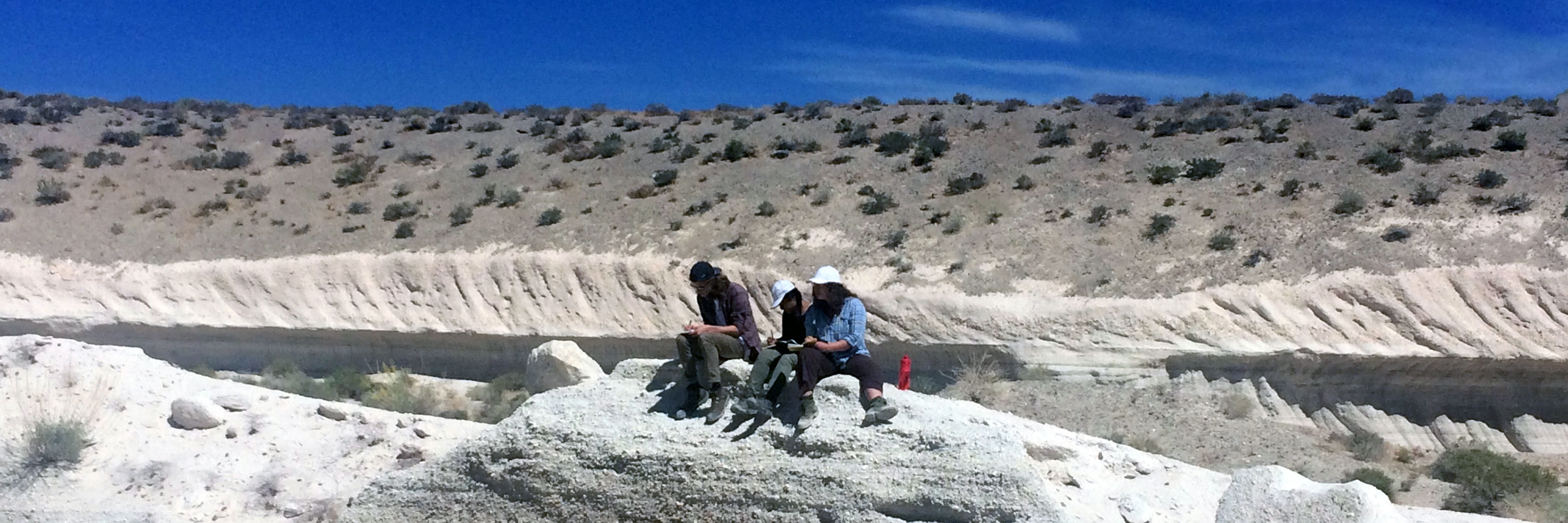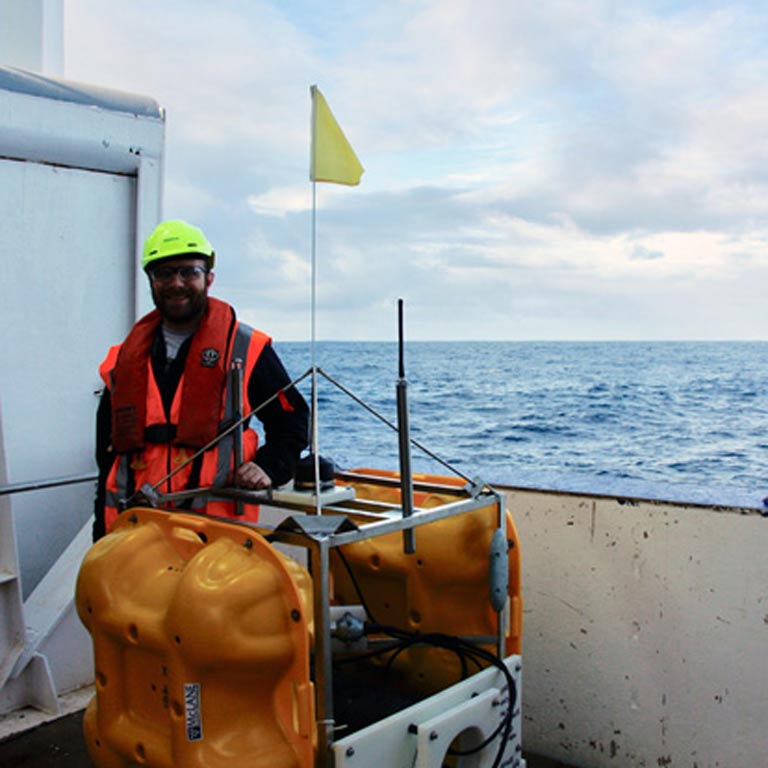The Bachelor of Science (B.S.) degree in Earth Science includes more allied science and fewer liberal arts requirements than the B.A. degree. It is designed for students who plan for professional employment or advanced study in the Earth and Atmospheric Sciences.
The required 34 credit hours of Earth science courses includes field training in Montana (X429/X498). We also require 32 hours of course work in closely related allied sciences and mathematics, including course work in each allied science—chemistry, physics, and math. Many of our students elect to apply these credits toward a minor in these fields.
All 300 and 400 level course work in Earth Science and the allied sciences is not specified. This gives you maximum flexibility and specialization to study among environmental geology, mineralogy, petrology, geochemistry, economic geology, petroleum geology, geophysics, paleobiology, astrobiology, and planetary science.


 The College of Arts
The College of Arts